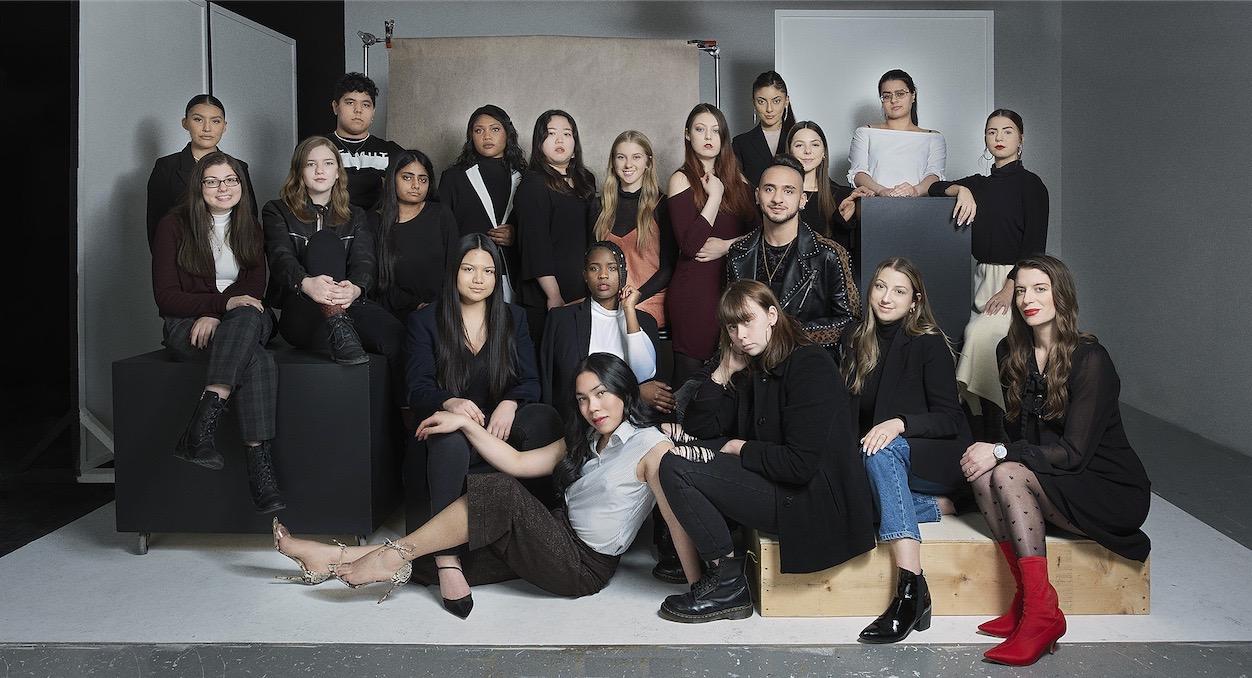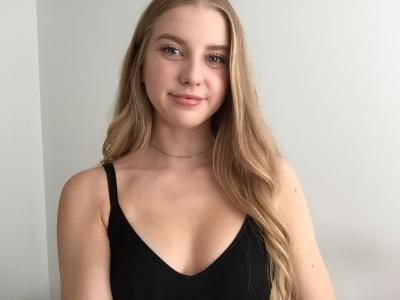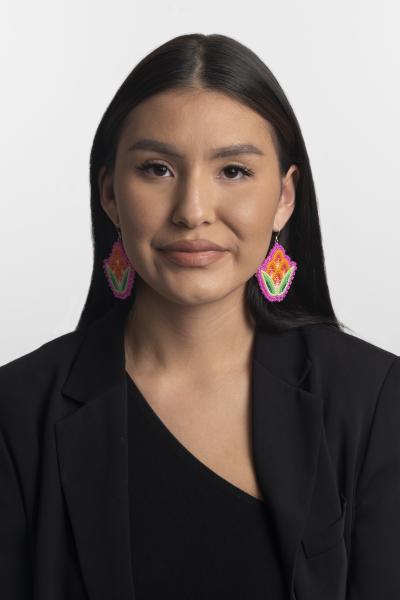The models were booked, designers confirmed, and the location - the Barrett Centre for Technology Innovation - was prepped for its first-ever fashion show. That was before COVID-19 changed everyone’s plans.
Toronto Fashion week was cancelled, but the Fashion Arts and Business students’ year-end fashion show lives – online.
“Our students showed remarkable resilience and agility in the face of new COVID19 reality I think our students can be viewed as leaders in digital event production with new, innovative ideas to engage our fashion community. The Powerhouse 2020 team has been incredibly forward thinking,” said Program Coordinator Jennifer Dawson. 
Students graduating from the two-year program recreated the runway show they had planned. The theme for the annual Walk It Out Fashion Show is POWER HOUSE, a perfect reflection of the class’ drive to present a fully realized show online.
They will post fashion-related content to Instagram, Facebook, LinkedIn and Twitter until April 14. That includes showing designer collections, showcasing their personal style, and other content created by the students.
Project Manager Sophie Lavigne was excited to oversee the physical show and motivate her peers. Now, she calls herself a cheerleader. 
“It’s discouraging to have this whole event and see it come to life, and the next day it’s cancelled, but now I’m kind of a cheerleader, keeping everyone motivated,” she said. “It’s super unexpected but it’s a learning experience. It’s been beneficial to think on our feet and find new resources.”
She notes that despite the whirlwind changes, Walk It Out’s POWER HOUSE digital event is supporting Youth Without Shelter as it has in previous years.
Long road to the runway
Fashion student Jacquelyn Assinewe has already had a long and twisting journey through the fashion industry.
Though she is young, Assinewe has already melded personal interests and connections with industry knowledge and style. Next year she will use the bridging program to enter the Bachelor of Commerce in Fashion Management, which will take two more years to complete.
Assinewe has long volunteered alongside professionals and, as an adult, has been a stylist and social media specialist at Humber within her program.
“When I was a kid, I liked to play dress-up and, more recently, [I’m focussed on] following the trends, being the first to know what’s popular,” she said.
 Assinewe has a passion for Indigenous fashion and advocates for greater POC representation in the industry, including designers and models.
Assinewe has a passion for Indigenous fashion and advocates for greater POC representation in the industry, including designers and models.
She found an opportunity to enact positive change during her time running the program’s @infusehumber Instagram account. The activist in her set out to include a more diverse representation of the fashion industry in the posts.
Assinewe used her connections – cultivated online and through her volunteer work – to better reflect the community. Her job for the original year-end fashion show was to choose which designers to feature.
“You need connections, contacts, information. Not everyone will have access, so you need to know where to go and be really personable with the designers.”
Most importantly: “You have to know what will look good.”
Since the COVID-19 related changes, she has turned her focus to creative content creation, yet another role. Like her classmates, Assinewe is producing videos and blog posts. Using skills learned at Humber College and personal experience, she and her classmates are making fashion relevant during a pandemic. For one week at least, they’re providing Humber and the wider community with a beautiful escape from reality.